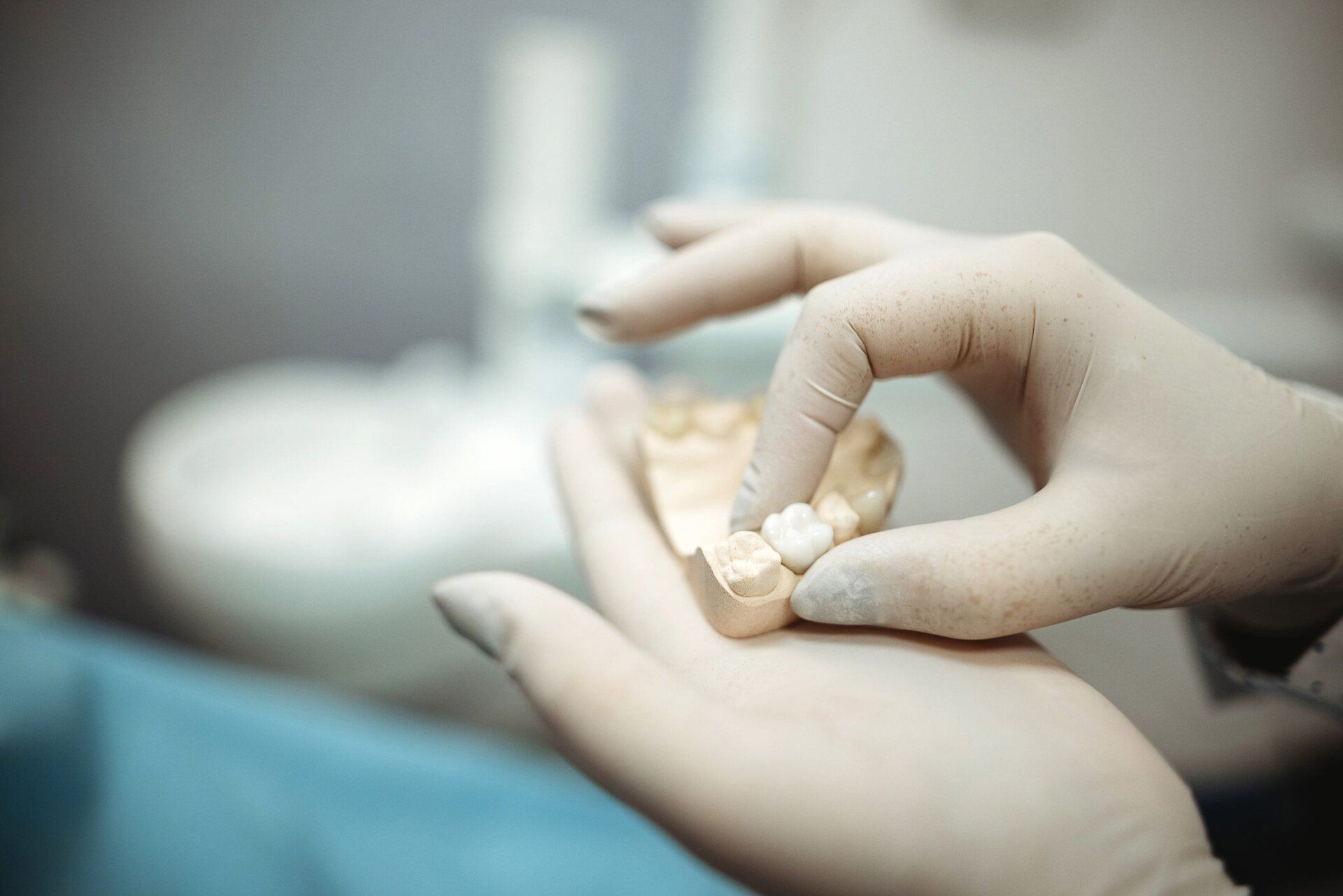Dispelling Common Myths About Cavities and Fillings
This is a subtitle for your new post
Cavities are often the first thing that comes to mind when you mention dental health. For conditions as common as cavities, rumors and misinformation can easily start to circulate regarding treatment. Discover a few common myths related to cavities and fillings.
1. Snacking More Helps Prevent Cavities
Saliva plays an important role in oral health by rinsing bacteria and food particles off the teeth. You may have heard that chewing stimulates the production of saliva, and some people have taken this to mean that several small snacks throughout the day will help to protect the teeth. In truth, what you eat is much more important for oral health than how often you eat.
Additional saliva production from chewing is not enough to counteract the increased bacterial activity that eating starchy and sugary foods can cause. Exposing dental bacteria to carbohydrates increases the amount of enamel-wearing acid that these bacteria produce. If you snack to improve oral health, try foods like celery, baby carrots, string cheese, and others low in sugar.
2. Cavities Always Cause Pain
The popular conception is that cavities are painful and that toothaches and sensitivity are early warning signs that you may have a cavity. In reality, you may have cavities you aren't aware of without any pain or discomfort at all. Cavities start at the outer surface of the dental enamel and won't cause pain until they are deep enough to affect the inner layers of the tooth.
In fact, waiting until you experience pain or sensitivity to get a cavity checkup is ill-advised. By the time you feel pain, bacteria could already have infiltrated the nerve-dense dentin and pulp inside the tooth. Bacteria in the tooth pulp increases the risk of tooth loss, and in some cases, a root canal may be required before a filling can go on the cavity.
3. Cavities Can't Be Reversed
You may have heard that the human body can't regrow enamel, and on a large enough scale, this is true. However, regenerating smaller amounts of enamel in the early stages of tooth decay is possible. Acids from dental bacteria break down minerals in the enamel, but these minerals are present and can be absorbed by the body from saliva and fluoride-containing oral health products.
This raises the question of when is too late for your dental enamel to regenerate. Once bacteria breaches the dentin, the rate of decay can accelerate much too quickly for the body to regenerate the tooth on its own, even with the help of fluoride. Maintaining good oral hygiene allows your body to heal micro cavities in the enamel and prevent more serious damage to the tooth.
4. Silver Fillings Should Be Removed
Silver fillings are from a product called dental amalgam. Dental amalgam is a blend of various metals, but some people have raised concerns about the mercury present in silver fillings. Mercury toxicity is very real, but the mercury present in silver fillings has no negative effects. This is liquid elemental mercury, and as the filling sets, the metals react in such a way that mercury is no longer present at all.
The most dangerous form of mercury is methylmercury, which is elemental mercury combined with certain other organic molecules. Methylmercury is not present at all in silver implants. Several studies have shown that dental amalgam is a safe option for fillings and does not cause harmful levels of mercury exposure.
Separating fact from myth is essential for maintaining good oral hygiene and protecting your teeth from cavities. Keep these tips in mind, and count on New England Dental Health Services P.C. for your comprehensive oral health solution.






